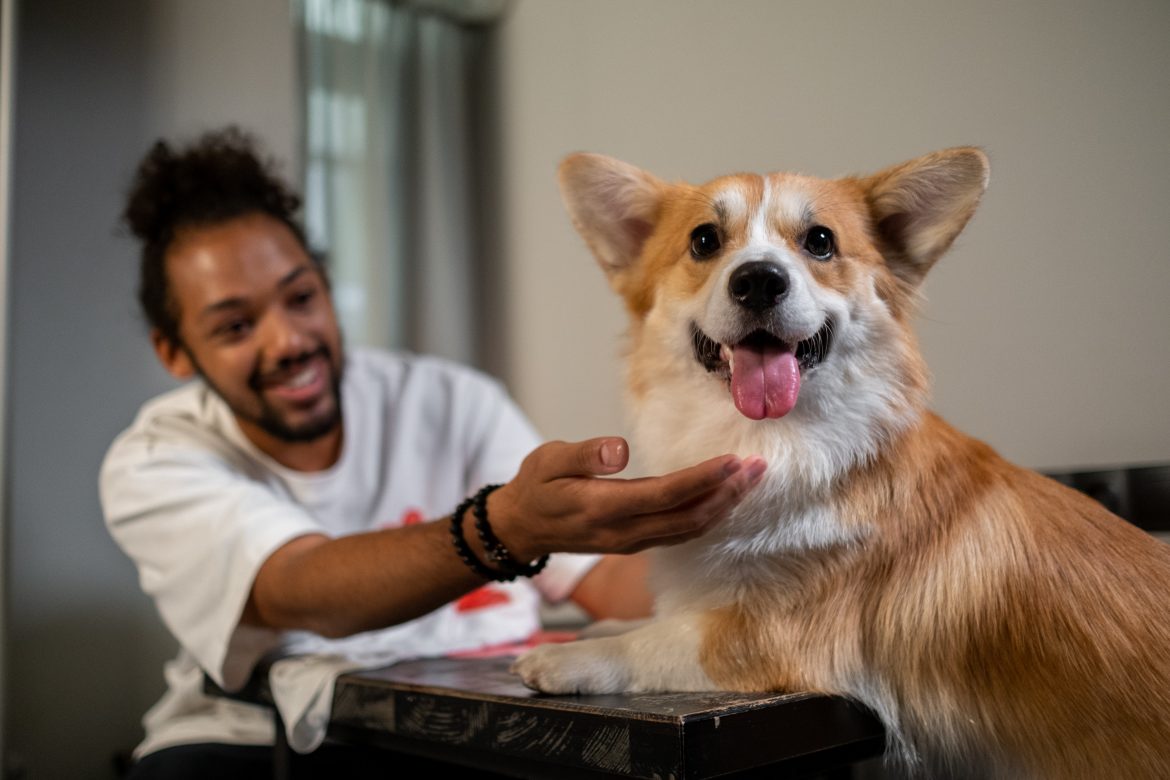10.7K
Does pet insurance cover spaying and neutering? Here’s everything you need to know about neutering, spaying, and pet insurance.
If you are thinking about spaying or neutering your dog or puppy, then this might be the best thing you can do for him or her. Getting your pet fixed can have tons of benefits, like lowering the chance of certain cancers, stopping bad behaviours, and helping control the pet population. By having your pet spayed or neutered, you can ensure they live a longer, healthier, and happier life.
Spaying and neutering are things many pet owners in South Africa don’t do.
There are several reasons why paw parents do not do this for their dogs; some of them include:
-
Pet parents think the procedure is too expensive.
-
Pet parents often think that their dog will not impregnate another dog (males) or fall pregnant (females).
-
Pet parents believe that there are no risks associated with not spaying or neutering their dogs and think it is cruel to do so.


